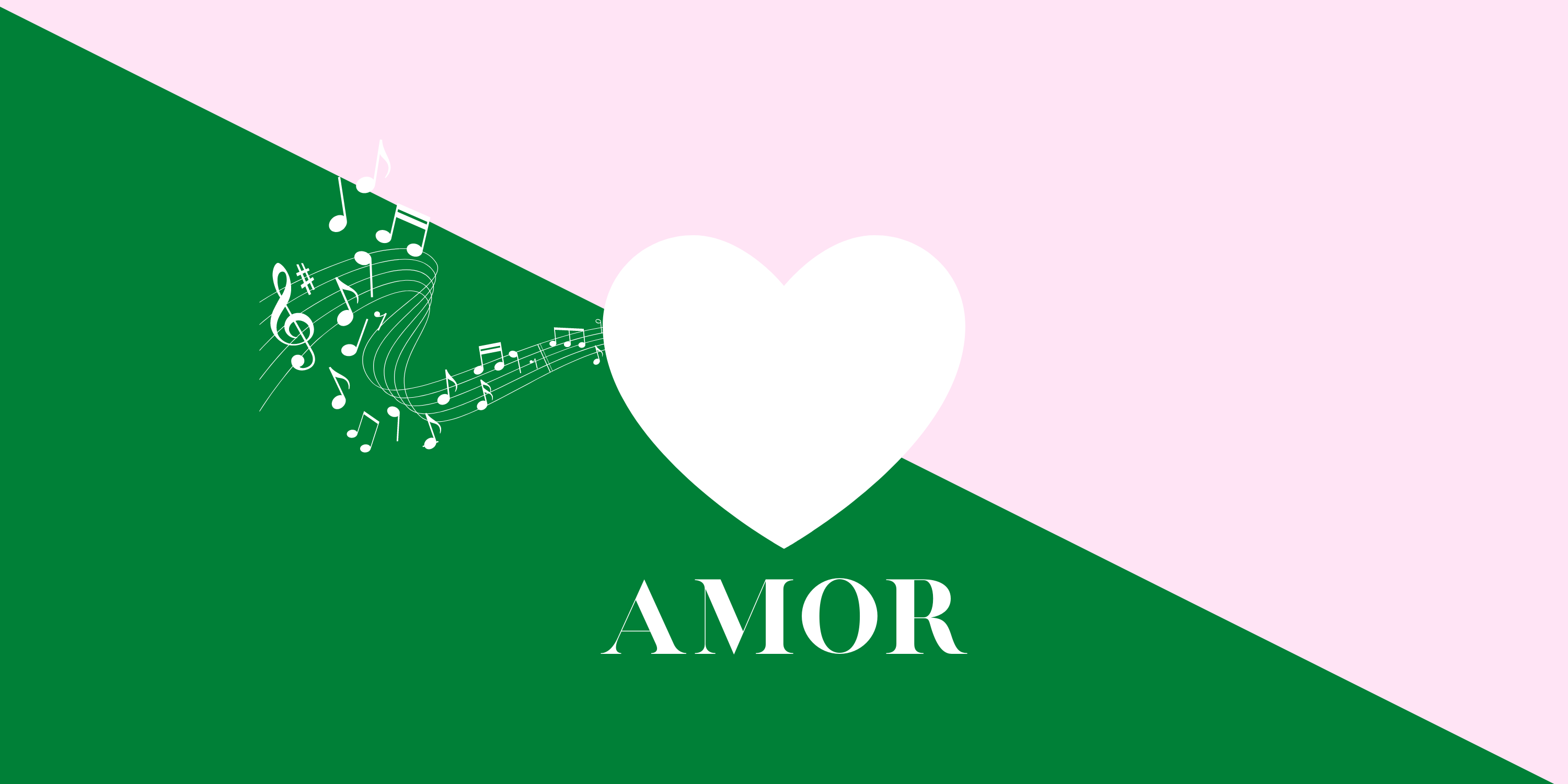The love song hits differently.
When you hear the words, “love songs,” “corridos,” “cumbias,” “boleros” … what do you think of? How do you feel? What memories do they evoke? For the Amor Issue, the Pueblo staff answers these questions and more while curating a playlist of their favorite love songs.
At 7 p.m. on Saturday, February 13, the Pueblo staff will be hosting a live listening party for their Amor playlist that will also include conversation, poetry readings and more. Join by signing up at our Eventbrite. See you there!
You can listen to the playlist yourself on Spotify.
Jocelyn Martinez-Rosales, Pueblo Associate Editor
Music is so essential to our culture, it defines entire generations—passed down like heirlooms almost.
Spanish rock has always been the way my family parties ended. When you heard that Maná song, you knew it was a wrap and that the next 10 songs will be danced by the only 15 people left at the party. We would huddle in a circle, kick our legs, shake our heads and hook on to each other when “Ingrata” by Cafe Tacvba came on. It only felt right to include “Eres” by Cafe Tacvba in our playlist. I always say that’s the song I’m going to dance to when I get married. That’s the thing about Spanish rock, the love songs hit differently.
Emmanuel Flores, Pueblo Social Media Editor
The song “Devuélveme a Mi Chica” by Hombres G exemplifies the constant pursuit of having rhythm in my body for my grandparents. My grandparents have tried teaching me how to dance for six years now. They wish for all their grandchildren to dance and enjoy dancing as much as they do. When I heard this song, I thought of a band performing on a small stage with a decent size audience. I’m a part of this audience.
The start of the song builds on anticipation with gentle hits on the drum set until it breaks out into its fast-paced melody. I envisioned my grandparents dancing together with spins and twist-esque dance moves when they got together at some dance club in Guatemala. While my grandparents were sharing one of their favorite romantic songs on a Saturday morning with their oldest grandchild, I nodded my head and tapped my foot from the start of the song. I still couldn’t transfer it to dancing, but for about 3 minutes I danced in my head with a decent size crowd listening to Hombres G.
Julián Martinez, Pueblo Creative Editor
In one of my favorite scenes from One Hundred Years of Solitude by the great Colombian writer Gabriel García Márquez, a man in an on-and-off affair with his aunt begs for her for a night—she desperately calls their relationship off, citing the legend that children of incest are born with pig tails, to which he replies: “I don’t care if they’re born as armadillos.”
It’s a quote that, to me, exemplifies just how devastating longing can be, or at least, as it is described in so many of the popular love lyrics of Latin America. Love is something that cripples one’s autonomy —“I need you,” “without you, I’m nothing,” ad nauseum — in these songs, something that sounds like it should be feared for how it melts away the dignity of self.
“Que Te Pedi” by La Lupe is a song about boundaries. Over the slow, sensual accompaniment of Tito Puente and his band, La Lupe sings: “hoy, me pides tu / las estrellas y el sol / no soy un dios / así como soy / yo te ofrezco mi amor.” In English: “today, you ask from me / the stars and the sun / I am not a god / here, how I am / I offer you my love.”
It takes confidence rooted in one’s knowledge of self-worth to say something like that, and La Lupe’s thunderous voice pulls it off with melodrama to spare. She pants and howls with desire but defines herself on her own terms, willing to love but never to lose her autonomy. It’s a different take on the devotional love song, one that I think is all the more powerful for it.
Richie Requena, Pueblo Managing Editor
With these songs, I wanted to listen to the sound of love from the backseat of a car with too many people in it. It’s a big family and everyone has their own music taste. The sound of cumbias will be the valedor for the night. We laugh, sing and dance at the situations we find ourselves in. I got a couple oldies for the viejos I look up to and the same old songs that show up on the radio if you listen long enough. For the day one’s, old friends and new: “¿Cómo te voy a olvidar?”
Header image by Yusra Shah




NO COMMENT